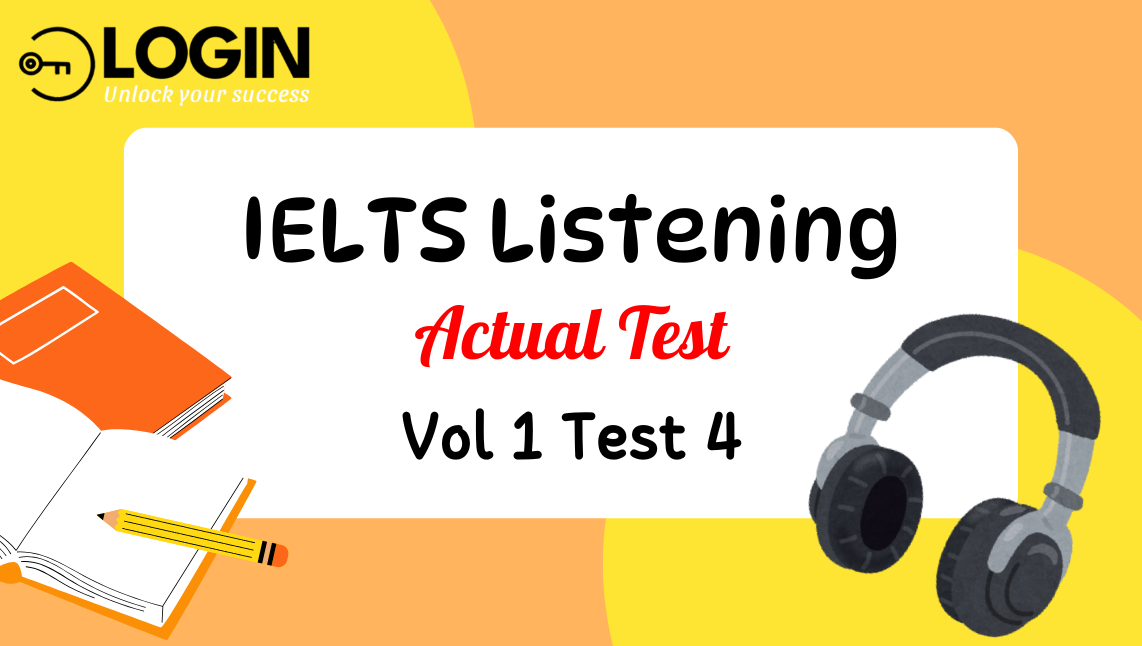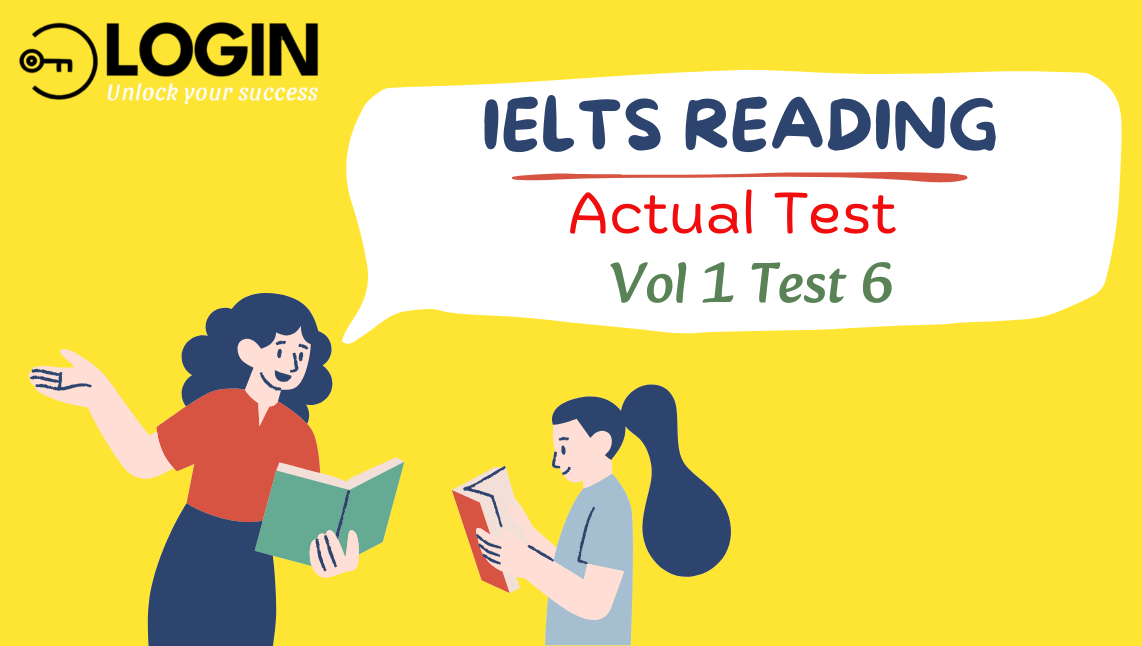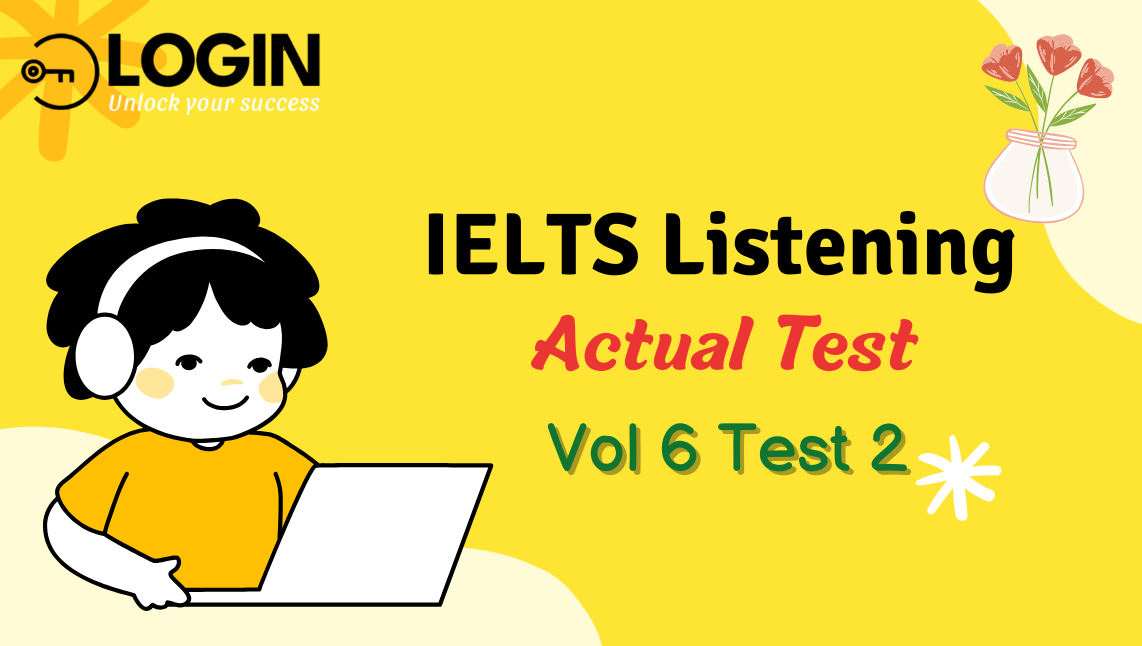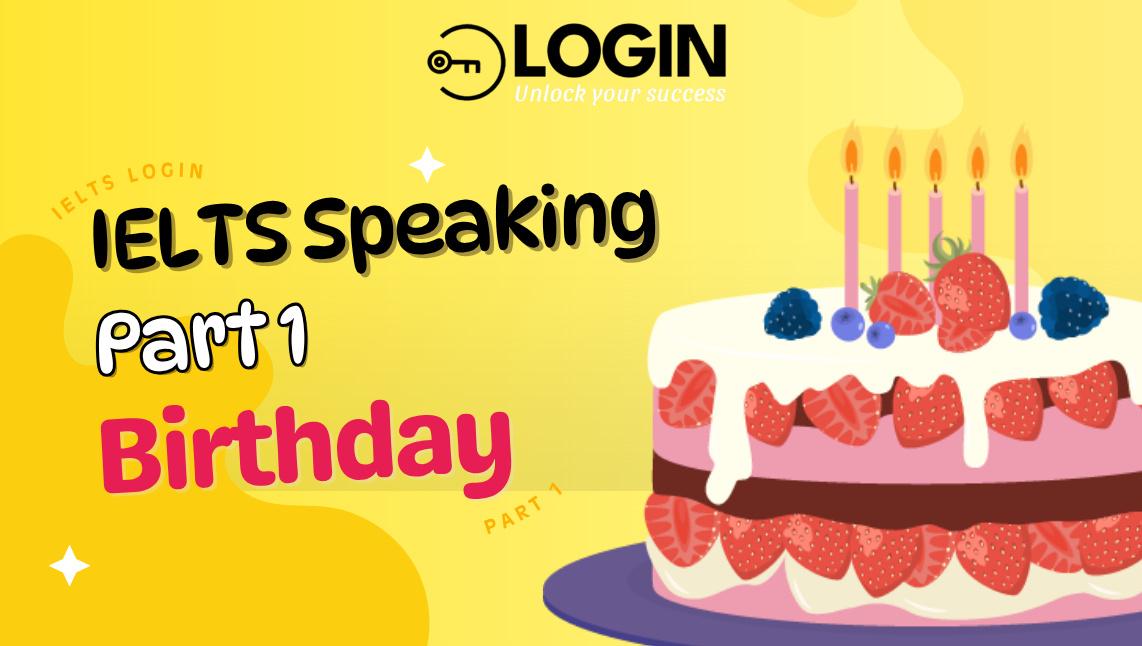Bạn đang loay hoay không biết trả lời chủ đề "Puzzle" trong IELTS Speaking Part 1 như thế nào cho hay và tự nhiên? Đừng lo vì trong bài viết ngày hôm nay, IELTS Login sẽ giúp bạn tháo gỡ mọi "mảnh ghép" khó nhằn nhờ những câu trả lời mẫu kèm từ vựng hay và thú vị. Cùng tìm hiểu và luyện tập với IELTS Login ngay nhé!
PART 1.
1. Did you do puzzles in your childhood?
Yes, I did. When I was a kid, I really enjoyed solving jigsaw puzzles and simple brain teasers. They were both fun and challenging, and I think they helped improve my concentration and problem-solving skills. I used to spend hours trying to fit all the pieces together.
- jigsaw puzzle (N): trò chơi ghép hình
- brain teaser (N): câu đố mẹo
- problem-solving skill (N): kỹ năng giải quyết vấn đề
2. When do you do puzzles, during your trip or when you feel bored?
I usually do puzzles when I feel bored or want to take a break from studying or work. They’re a great way to relax and keep my mind active at the same time. However, I sometimes bring small puzzles or mobile games with me when I travel, just to pass the time on long journeys.
- take a break from sth (V phrase): nghỉ giải lao
- keep one’s mind active (V phrase): giữ cho trí óc hoạt động, tỉnh táo
- pass the time (V phrase): giết thời gian / cho thời gian trôi qua nhanh hơn
3. Do you like doing word puzzles or number puzzles? Which is more difficult for you?
Personally, I prefer word puzzles like crosswords because I enjoy playing with vocabulary and language. Number puzzles, like Sudoku, are a bit more challenging for me because I’m not very confident with numbers. But I still try them sometimes to improve my logical thinking.
- crossword (N): trò ô chữ
- logical thinking (N): tư duy logic
4. Do you think it is good for old people to do puzzles?
Yes, I believe doing puzzles is really beneficial for older people. It helps keep their minds sharp and may even delay memory loss or other age-related problems. Also, it gives them something enjoyable to do in their free time, especially if they live alone. It’s not only mentally stimulating but also a great way to pass the time.
- beneficial (ADJ): có lợi, hữu ích
- keep one’s mind sharp (V phrase): giữ cho đầu óc minh mẫn
- memory loss (N): bệnh mất trí nhớ
- age-related problems (N): các vấn đề liên quan đến tuổi tác
- mentally stimulating (ADJ): kích thích trí tuệ
Xem thêm:
IELTS Speaking Part 1: Feeling Bored (Sample Answer)
IELTS Speaking Part 2+3: Describe a sports person or team that you like (Sample Answer)
IELTS Speaking Part 2+3: Describe a promise that you've made with someone (Sample Answer)
IELTS Speaking Part 2+3: Describe a rule (in school or work) that you don’t like (Sample Answer)
IELTS Speaking Part 2+3: Describe a useful skill you learned from an older person (Sample Answer)
IELTS Speaking Part 2+3: Describe an ambition that you haven’t achieved (Sample Answer)
_________________
Biên soạn bởi IELTS Login Academic Team
- Giải đề IELTS Listening (Actual Test - Vol 1 Test 4)
- Bài mẫu IELTS Writing Task 2 - Giải đề thi thật
- Dịch đề và phân tích đáp án chi tiết IELTS Reading (Actual Test - Vol 1 Test 6)
- Giải đề IELTS Listening (Actual Test - Vol 6 Test 2)
- IELTS Speaking Part 1: Birthday (Sample Answer)
- Từ vựng hay (Chủ đề Food)
- Giải đề IELTS Listening (Actual Test - Vol 1 Test 3)
- IELTS Speaking Part 1: Puzzle (Sample Answer)








